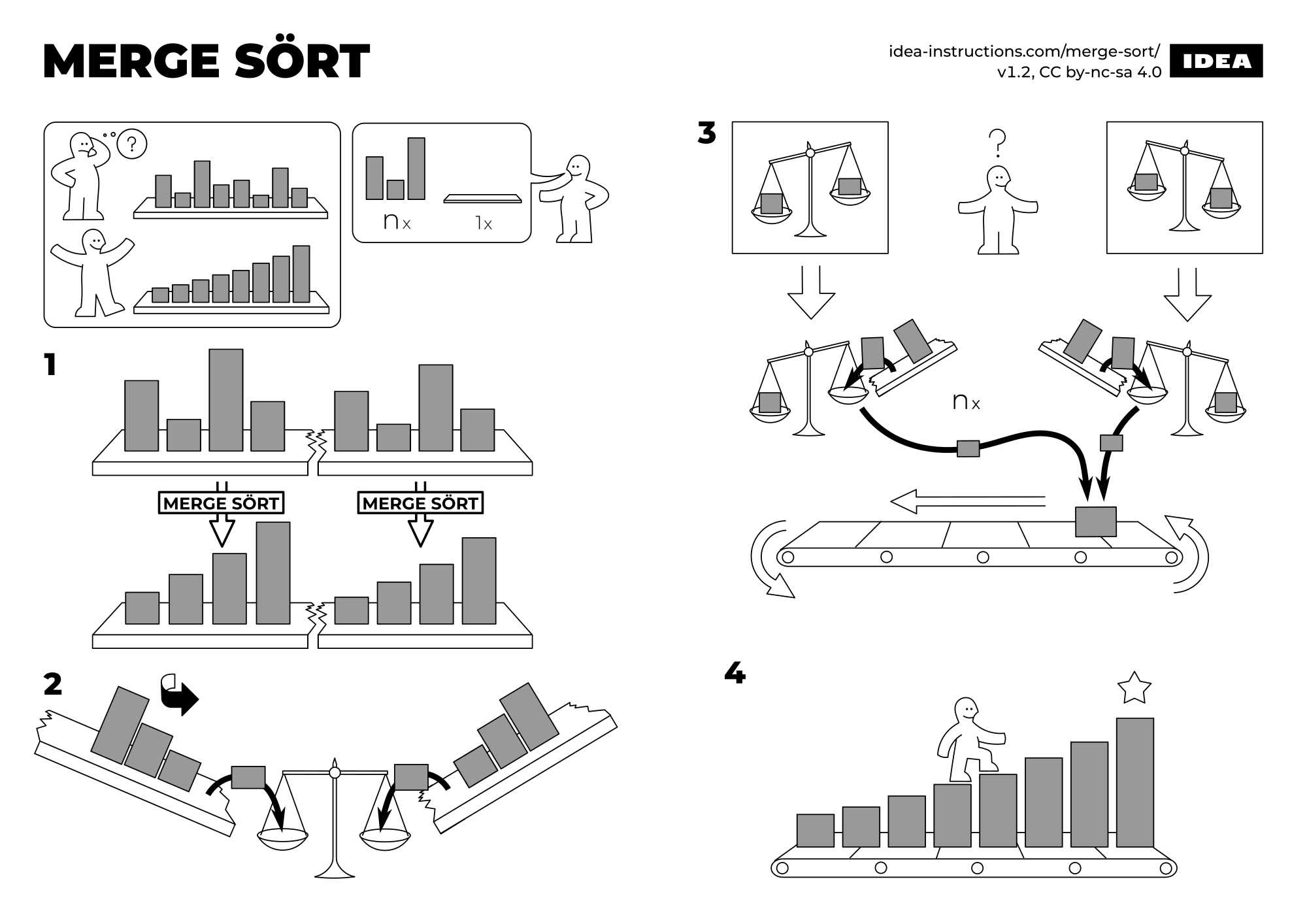- 0 Posts
- 39 Comments


Like algebra, algorihm derives from the name of the Islamic mathematician Al Khwariizmi who has written a very wide spread and influencial book about indian numerals (today we call them arabic numerals).
@fluckx@lemmy.world
dpkg doesn’t resolve dependencies (that’s a feature of apt) which means that if you install a Debian package with dpkg, you’ll have to manually install all dependencies first, and they won’t be marked as automatically installed
Usually installing a manually downloaded package and its dependencies works like this:
# dpkg -i package-file.deb
So apt-get can be used to install missing dependencies afterwards while marking them as automatically installed.


Any idea why flatpack doesn’t remove unused (automatically installed) dependencies automatically or at least give a hint, as e.g.
aptdoes?
It says ‘run as root’, not installed using root privileges. You’d also need root privilege to dd an image into a drive either.


For some reason it’s not included in Debian Bookworm (currently stable) and Bullseye. It previously was in Buster and will hopefully again be in Trixie (currently trsting).


We weren’t doing any ressource extensive computations with Matlab, mainly just for teaching FEM, as we’ve had an extensive collection of scripts for that purpose, and pre- and some post processing.


No, I’m not at university anymore.


Does Python have the ability to specify loops that should be executed in parallel, as e.g. Matlab uses
parforinstead offor?
You can then either ‘install’ them with
apt, which does essentially only mark installed packags as manually installed or use e.g. synaptic for that.
It may be that it wants to uninstall some kde-plasma-desktop metapackage, not the whole bunch of all kde apps. If it is uninstalled, nothing crucially important happens. Try to remove it with
aptif you’re running some Debian or Ubuntu flavour.
You can install an uninstall Flatpak applications in Linux as normal user.


I assume, you use
certbotfor certificate management. In its documentation the option--http-01-portis stated which defaults to80, the http port, which shall be reachable for the certificate generation procedure. Hence, I assume, this should be specified according to your needs.


As Debian testing doesn’t get (all) security fixes, it is NOT ment for running a secure server. This is what stable is for. https://wiki.debian.org/DebianTesting


You could e.g. subscribe to a fully managed Nextcloud.


The query actually shows a lack of confidence. He should have googled “How to recover a file from /dev/null?” instead.

Does it run on an RPi 1?
They state on their homepage: